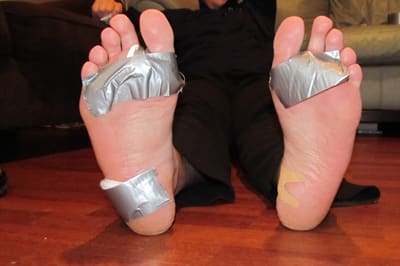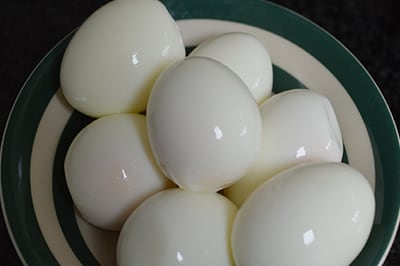Nagpur: That embarrassing cloth bag stitched at home from worn out clothes is suddenly back in demand. Most of us would now cringe at the thought of carrying it but in the good old days people would never venture out without picking one from the kitchen shelf.
“The shopkeeper would drop items from the weighing scale into the cloth bags. What needed to be kept separate used to be deftly wrapped in paper and a string would rapidly be tied around to prevent it from opening,” remembers Prashant Gadge, a retired bank employee.
Grocery stores have no reason to pack items in plastic bags even today feels T Swaminathan, retired professor of IIT Madras and an environmentalist. “Plastic bags have put us in the habit of segregating the food stuff. It is for our convenience that we now pack every vegetable separately,” he says and adds that “we have discontinued buying milk from the local milkman for the convenience of picking up a pouch from the supermarket”.
“We have to innovate with materials like bagasse (residue of sugar cane after it has been crushed) to make bags. This ban is an opportunity which we should avail to invent an alternate to plastic bags,” sums up Swaminathan.
For businessman Anil Raoka, banning of plastic doesn’t mean going back to the old days. “We misused it so much that it had to be banned. I remember going to the local milk man with a vessel to get milk. The women in the house kept up a steady supply of cloth bags which were used for carrying the purchases. It is not about any era we can still do it,” he says.
Terming plastic as indispensable in technological spheres, architect and conservationist Paramjeet Singh Ahuja says, “We belong to an era when glass bottles and paper bags were used. It was much healthier too. Today too I store water in glass bottles which have lids like those on milk bottles in the olden days. Some of my guests get very excited when they see this,” he adds.
Pathologist Dr Kamayani Deshpande is happy that people will shift back to glass and paper once again. “I am seeing a rise in cancer cases all because of use of plastic bottles,” she says. Remembering her metal tiffin box Deshpande adds, “We never carried a water bottle as drinking from the taps in school was the norm. But now everything is packed in plastic bags, boxes and bottles.”
Our habit of segregating things led to rampant use of plastic, feels Vishaka Rao who runs an NGO. “We used to have huge metal drums for storing grains in the olden times and our refrigerators were never so loaded as they are today. Today a school going child carries plastic boxes, bottles, bags and baskets as these things are cheap and abundantly available. We used cloth pouches for keeping pencils, erasers and scales,” she says.
Amused at this habit of carrying own water bottle, organic farmer Hemant Singh Chauhan says, “We were fine with drinking water from public taps but today water contamination has been hammered in so much that no one would dare to do so.”
Chauhan says that packaging does add value to a product so it became rampant. “Plastic has made it possible to pack even 25gms of any item. We can’t even think of tin containers in which ghee and oil used to be sold in those days,” he added.
There is no alternate to plastic when it comes to packing food according to Ajit Divadkar who runs a bakery and confectionery store. “I remember till the late 60s wax paper was used to pack breads and biscuits. But it was not as good as plastic because the edges would not stick and open up. We used to pack snacks in brown paper bags but the food would spoil fast. Plastic gave a boost to food entrepreneurs and I feel it is the consumer who should be punished for abusing plastic so much,” he says.















